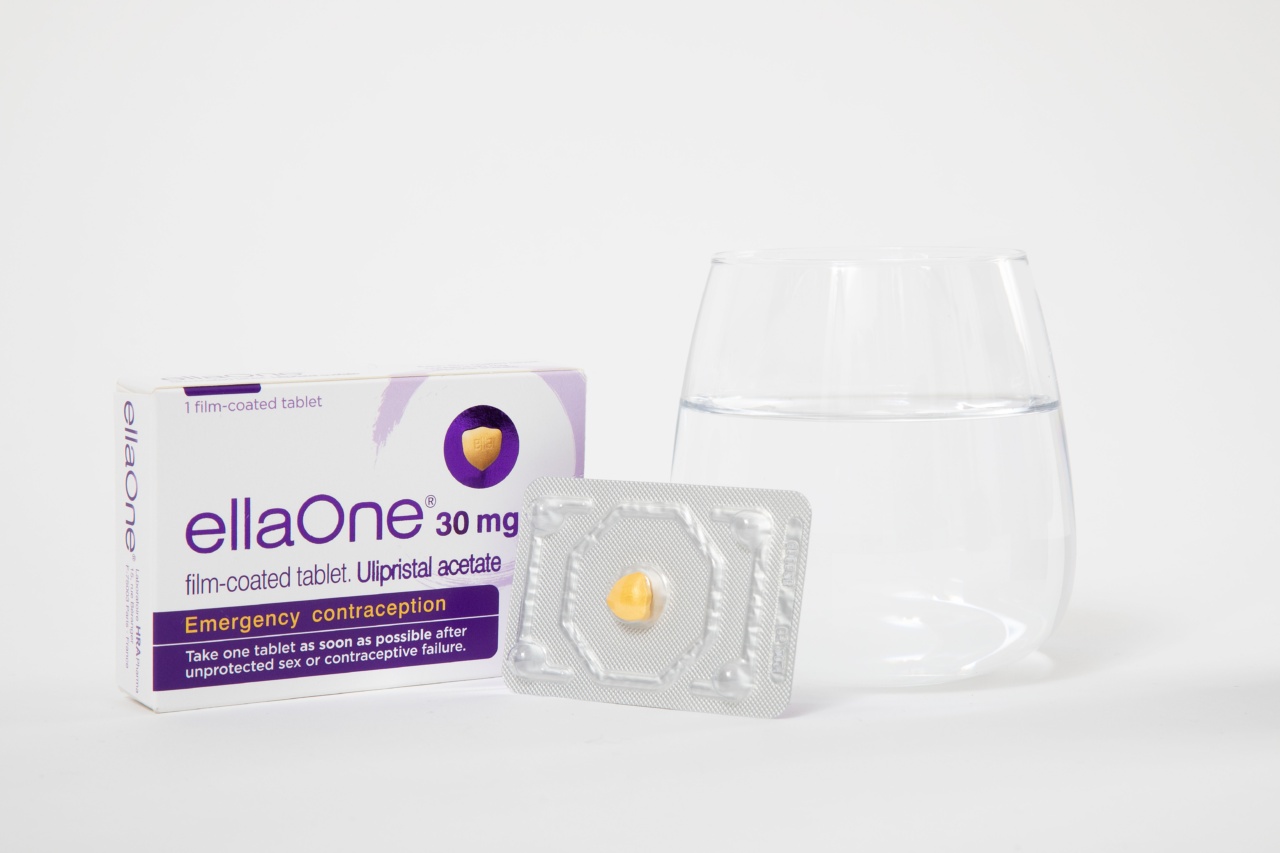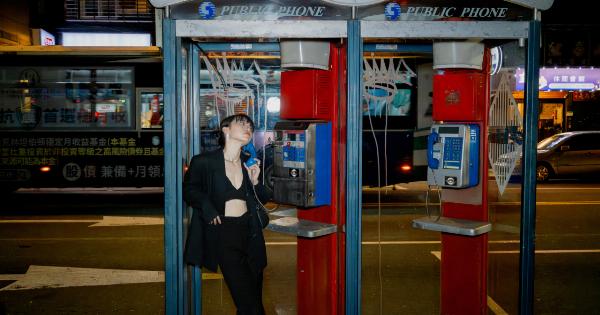The morning-after pill, also known as emergency contraception, is a form of birth control that is used by women to prevent unintended pregnancy after unprotected sexual intercourse or contraceptive failure.
This medication can be particularly helpful in cases of sexual assault, condom breakage, missed birth control pills, or forgetting to use other contraceptive methods.
Mechanism of Action
The morning-after pill primarily works by delaying or preventing ovulation, which is the release of an egg from the ovary. It may also alter the cervical mucus consistency, making it difficult for sperm to penetrate the uterus.
In some cases, it can affect the lining of the uterus, thus inhibiting the implantation of a fertilized egg. It is important to note that the morning-after pill is not an abortion pill and will not terminate an existing pregnancy.
Types of Morning-After Pills
There are several types of morning-after pills available, including:.
- Levonorgestrel: This is a progestin-only pill that is available over-the-counter without a prescription. It is most effective when taken within 72 hours of unprotected intercourse, but can still be effective up to 120 hours (5 days) after.
- Ulipristal acetate: This medication requires a prescription and can be taken within 120 hours of unprotected intercourse. It is more effective than levonorgestrel, especially when taken closer to the time of sexual contact.
- Copper Intrauterine Device (IUD): This is a highly effective form of emergency contraception that can be inserted by a healthcare professional up to 5 days after unprotected intercourse. It can also serve as a long-term contraceptive method.
Effectiveness of the Morning-After Pill
The effectiveness of the morning-after pill varies depending on the type of pill and the timing of its use.
Levonorgestrel is estimated to prevent approximately 85% of expected pregnancies if taken within 72 hours, while ulipristal acetate is estimated to prevent around 98% of expected pregnancies within the same timeframe. The copper IUD is the most effective, with a failure rate of less than 1%.
Usage Instructions
It is important to follow the usage instructions provided with the morning-after pill, as they may vary based on the specific brand and type of medication. Generally, the pill should be taken as soon as possible after unprotected intercourse.
Some brands require taking both pills at once, while others involve taking one pill and then another after a specific time interval.
If vomiting occurs within two hours of taking the pill, it is recommended to contact a healthcare professional, as an additional dose may be needed.
It is also important to note that while the morning-after pill is effective in preventing pregnancy, it does not protect against sexually transmitted infections (STIs).
Possible Side Effects
The morning-after pill is generally safe and well-tolerated, but like any medication, it can have side effects. These may include:.
- Nausea or vomiting
- Fatigue
- Headache
- Abdominal pain or cramping
- Irregular menstrual bleeding
- Breast tenderness
These side effects are usually mild and subside within a few days. If severe or persistent side effects occur, it is advisable to consult a healthcare professional.
Important Considerations
While the morning-after pill is a safe and effective form of emergency contraception, there are some important considerations to keep in mind:.
- The morning-after pill is not meant to be used as a regular form of contraception and should only be used in emergency situations.
- It does not protect against future instances of unprotected intercourse, so it is important to consider ongoing contraceptive methods.
- If the next menstrual period is more than a week late or unusual in any way, it is advisable to take a pregnancy test to rule out pregnancy.
- It is always recommended to consult a healthcare professional for guidance and advice regarding the use of the morning-after pill.
Conclusion
The morning-after pill is a valuable option for women who find themselves in situations where regular contraception has failed or was not used.
It provides a safe and effective solution to prevent unintended pregnancy when taken within the specified timeframe. However, it is important to remember that the morning-after pill is not a substitute for regular contraception and should only be used in emergencies.
Seeking advice from a healthcare professional is essential to ensure the appropriate and responsible use of this form of emergency contraception.






























